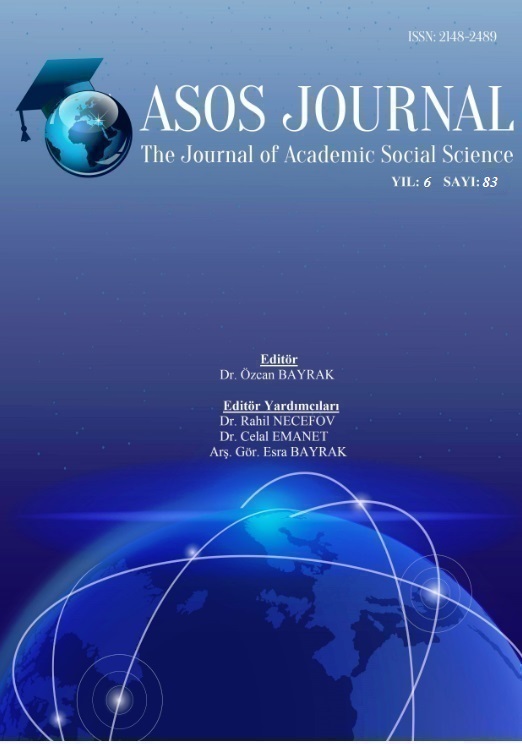Author :
Abstract
6413 sayılı TSK Disiplin Kanunu’nda Türk hukuku açısından yeni bir tedbir olan geçici olarak kontrol altına alma tedbirine (KAAT) yer verilmiştir (m.28). Aynı tedbir 7068 sayılı Genel Kolluk Disiplin Kanununda da düzenlenmiştir (m.11). KAAT, kısmen yakalama ve gözaltına almaya benzemektedir. Ancak onlardan farklıdır. KAAT, kişi özgürlüğüne kısmen kısıtlama getirebilen, tedbir niteliğinde, Kanunda disiplin yaptırımı kabul edilen, kendine özgü bir idarî işlemdir. KAAT’ne sadece oda hapsi cezası vermeye yetkili disiplin âmirleri başvurabilir. Bu tedbir, oda hapsi cezası verilemeyenlere uygulanamaz. Kanuna göre KAAT şu hallerde uygulanabilir: a) Firar veya izin tecavüzü, b) İnsan ve hizmet eşyasına zarar riski, c) Disiplinin tesisi, d) Sarhoşluk. Bu haller tadâdidir. KAAT uygulananlar bu amaç için hazırlanacak uygun mekânlara konulmalıdırlar. Ayrıca durumun gerektirdiği tedbirler, disiplin âmirleri tarafından alınır veya alınması sağlanır. TSK Disiplin Kanunu sâdece bazı cezalara karşı iptal davası açılabileceği öngörülmüştür (m.42). Ancak son tahlilde, hükmün sâdece disiplin cezaları bağlamında bir kısıt öngördüğü, dolayısıyla bir disiplin yaptırımı olan KAAT’ni kapsamadığı yorumu yapılabilir.
Keywords
Abstract
Under art. 28 of the Law on the Discipline of the Turkish Armed Forces No. 6413, the measure for temporarily controlling, which is a brand new measure in terms of Turkish Law, is regulated. The same measure is also enacted in the General Law Enforcement Disciplinary Law No. 7068 under art. 11. Although the measure for temporarily controlling is partly similar to arrest and detention, it is quite different from them. The measure for temporarily controlling is a particular administrative procedure which is adopted as a disciplinary sanction under the Law. The measure can partially restrict the right to liberty. The measure can only be applied by disciplinary supervisors who are authorized to impose room arrest punishment. This measure cannot be applied to those who cannot be sentenced to room arrest punishment. According to the law, the measure for temporarily controlling can be applied in the following cases: a) Desertion or to exceed leave of absence, b) Risk of damage to personal and service goods, c) To discipline, d) Drunkenness. The application of the measure is not limited to these cases. Those who are subject to the measure for temporarily controlling should be placed in suitable places which are to be prepared for this particular purpose. In addition, the additional measures, that are required due to specific occasions, are conducted or made possible to be conducted by disciplinary supervisors. Under the Turkish Armed Forces Disciplinary Code art.42, to file a cancellation lawsuit against some particular penalties is regulated. In the last analysis, it can be interpreted that the provision foresees a restriction only in the context of disciplinary punishments, therefore the option for filing a cancellation lawsuit does not include the measure for temporarily controlling as a disciplinary sanction.





